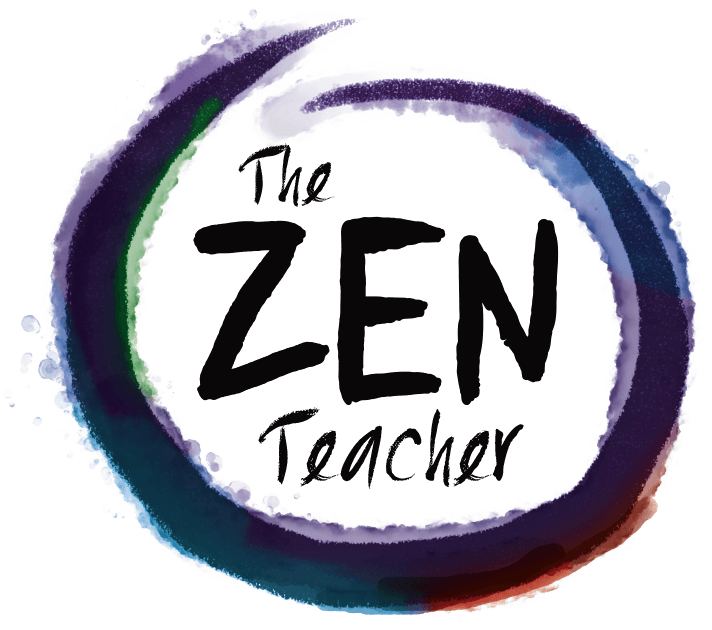They keep asking me: How do we keep on?
My standard response–more of a suggestion, really, in that I will never have the definitive, mic-drop answer to that query—is that you start small and you start with what’s in front of you.
Though I can (and did) make my voice heard recently, I can’t fix the problems in Washington.
I can’t add to the coffers of our district or state to fund the necessary (and even some less-than-absolutely-necessary but wholly enriching and enlightening) programs.
I can’t tip the Master Schedule in my favor or pay for every conference I wish to attend.
But what I can do is start small and start with what’s in front of me.
As a Zen Teacher, I can use my intuition and my compassion and my sense of Beginner’s Mind to recognize the needs of my current students, peers, and after school, my family. I can start with the person standing next to me, and I can give them something they need.
You may be thinking, “What difference will that make?”
How will that change the world?
Well, I guarantee you that it will. How? In small ways, over time, beginning with the person next to you.
And then the next person.
And the next.
Until, before you know it, the world is a different—and slightly better—place.
The other day, for example, a colleague and I were sharing stories about how we began our day-me by answering a timid knock on my classroom door only to be greeted with a sobbing Sophomore, and him by helping a hungry student find something to eat.
And at one point in the conversation, this teacher, said only half-jokingly, “You know, sometimes this job has very little to do with teaching.”
And he’s right: Sometimes our job has to do with everything BUT our subject matter.
Sometimes, as you all know, our job is about being a therapist, or a friend, or a college counselor, or a task master, or a confidant, or a police officer, or a seventy-two other types of mentor.
So THAT’S what we can do.
We can give.
We can serve.
We can reach out to the needy, the lost, the hungry, and the confused.
We can offer peace, solace, sanctuary and, if we’re really lucky, a little love and humor to those who lack what we have to give.
We can start–as my colleague and I did–by giving a granola bar to the hungry student and a compassionate ear and box of Kleenex to the sobbing student.
The truth is: We can all, all of us, do that. And I know that most teachers do.
Teachers are givers and I’m so proud to be doing the work beside people like you, people who dedicate their lives to a better, brighter future and make the world a better place through their giving.
So when you think, like we all do sometimes, How can I keep on?, I recommend starting small and starting right in front you. Do something kind or nice or giving where you are.
The irony, of course, is that we are often the ones who benefit the most and feel the deepest, most profound sense of fulfillment when we offer hope and comfort and joy.
So no matter your spiritual or faith system, I think that you’ll agree that in addition to being experts in our respective subjects, teachers are, in fact, ministers as well.
And that’s pretty sacred. TZT
